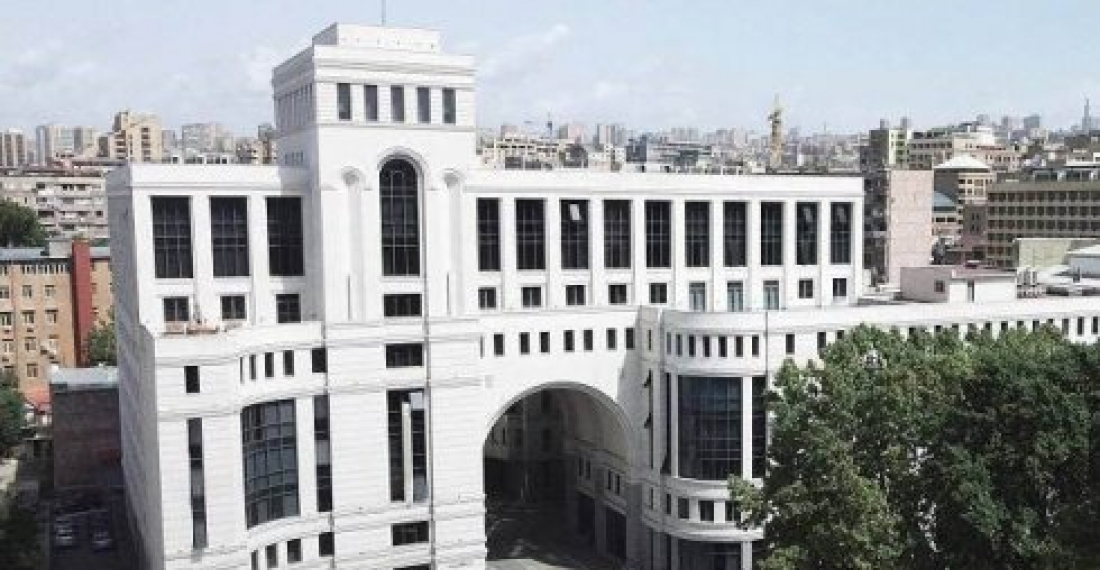Armenia doesn't consider Turkey as a mediator in the settlement of the Nagorno Karabakh conflict, Armenian Foreign ministry spokesperson Anna Naghdalyan said at a press conference on Wednesday (2 September).
"With its behavior Turkey, appears to want to demonstrate itself as a party to the conflict, but this is another manifestation of Turkey's destabilizing policy. There is an impression that the country, which keeps Armenia in blockade, doesn't recognize and moreover justifies the Armenian Genocide, is trying to act as an affected side", she said.
Anna Naghdalyan repeated that the OSCE Minsk Group Co-Chairmanship is the only format for the settlement of the Nagorno Karabakh conflict. Armenia doesn't view Turkey as a mediator and is conducting its policy towards Turkey based on this assessment.
In recent weeks there has been speculation that Russia and Turkey may come up with a new initiative to address the Karabakh conflict. Both countries also provide a large ammount of military supplies to either or both of the sides.
source: commonspace.eu with agencies
photo: Armenian Foreign Ministry building in Yerevan






